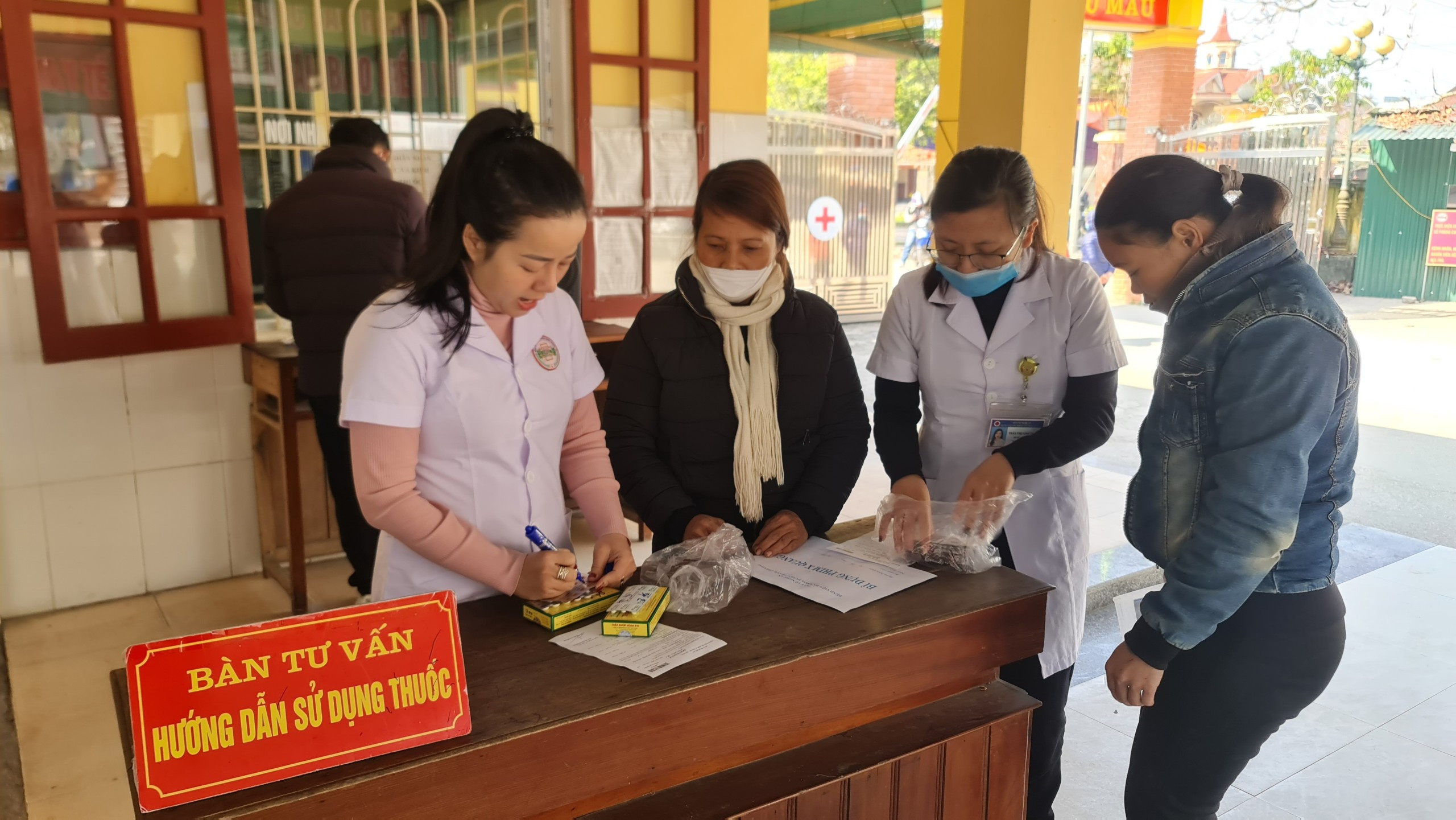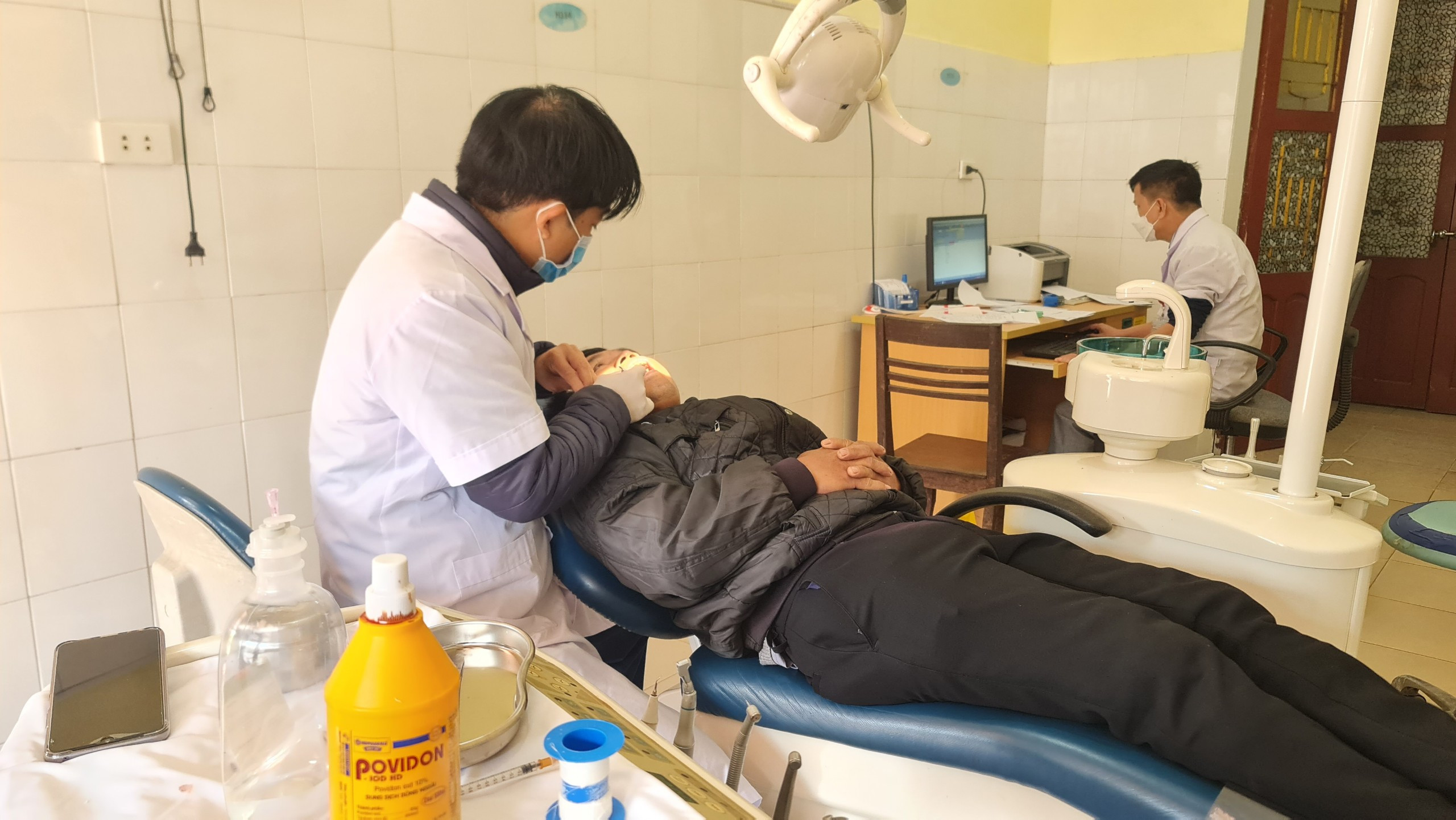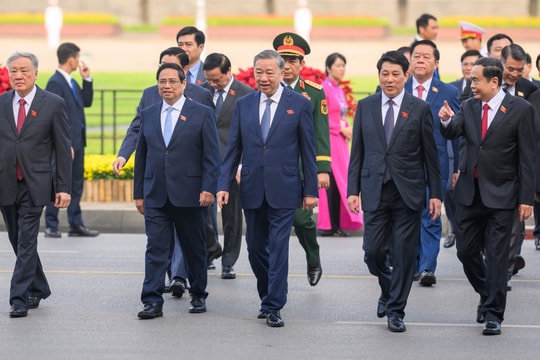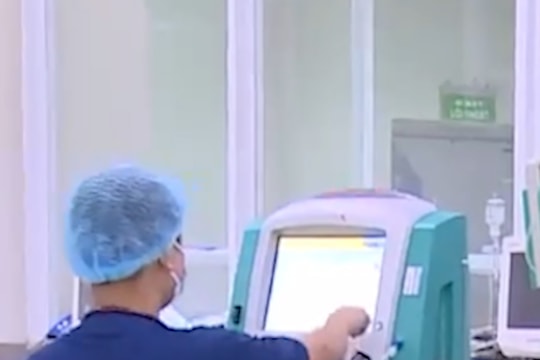Nghe An: Risk of drug shortage in medical facilities due to unsatisfactory bidding and purchasing
(Baonghean.vn) - In implementing drug procurement bidding, in Vietnam there are currently 3 bidding levels, including the national level is the National Drug Centralized Procurement Center; the local level is the Department of Health (centralized bidding for 129 categories of items according to regulations); the rest are medical units proactively bidding...
Current situation
From 2007 to 2022, in Nghe An, the organizationbiddingThe concentration of drugs, chemicals and consumable medical supplies is carried out at the Department of Health. However, from 2022, the organization of purchasing drugs, chemicals, biological products and consumable medical supplies will be transferred to the medical examination and treatment units to organize the purchasing themselves (except for 129 items that are required to be bid at the department).
According to Nghe An Department of Health, this transfer is due to the fact that in the province there are many forms of medical examination and treatment organization such as general hospitals, specialized hospitals, provincial hospitals, district hospitals, and medical stations. The demand for drugs, chemicals, biological products and medical supplies is very different. Therefore, letting the lower-level units organize themselvesbiddingaimed at suiting the needs and types of each unit.
 |
With the inability to purchase blood pressure and diabetes medications, outpatient treatment at many medical facilities will be affected. Photo: Thanh Chung |
In addition, the human resources at the Department of Health are very thin; the departments and offices of the department are responsible for implementing State management of health in the area. When organizing bidding at the Department of Health, the department must concentrate a large amount of human resources from the departments and offices on bidding work. This affects the State management of health.
Following the direction, medical units in the province have actively implemented drug bidding steps to ensure proactive and timely supply of adequate drugs to serve the work.medical examination and treatment2023. By early January 2023, the organization of drug procurement by bidding at the units had basically been completed... However, information from the units said that the results of the recent procurement were not as expected.
Doctor Tran Si Thanh - Director of Quynh Luu General Hospital said: The recent procurement bidding only secured about 50% of the drugs; the remaining 50% needs to be re-bid. The reason for the unsuccessful bidding is because the supplier did not bid, especially for some imported drugs. If the procurement is not successful, by March 2023, the hospital may be short of some drugs.
At Nam Dan District Medical Center, it is estimated that about 70% of the items were purchased through successful bidding, 30% of the items had to be re-bid such as traditional medicine (because no businesses participated in the bidding) and some rarely used or cheap drugs such as drugs in operating rooms, cardiovascular treatment, treatment of hypertension in diabetics...
For items that were not awarded or bid for, the unit still has them, but there will be a shortage in the near future. The hospital has a response plan such as implementing and borrowing from old suppliers. The unit does not let emergency patients, patients on dialysis, giving birth, or having surgery... lack medicine or supplies.
According to Thanh Chuong District General Hospital, in the recent procurement, there were many items that did not win the bid. These include psychotropic drugs, some antibiotics, drugs used in emergency surgery, blood pressure, and traditional medicine. Particularly for the generic drug package (basic, common), there were 28 items that did not have any bids, 45 items did not win the bid, 121 items won the bid, and 4 items were not considered.
This was the first time the unit organized procurement through bidding. The hospital mobilized dozens of people to participate and it took 6 months to prepare. Many complicated problems arose during the implementation process… Although many items were rejected, the hospital could find other alternative drugs.
Many issues to consider
Many difficulties in drug procurement have been reported by medical examination and treatment units, such as: Organizing bidding makes the unit lose too much human resources and time, affecting medical examination and treatment work. In the first implementation, the units have to learn, work and be afraid at the same time. Many documents have stipulated that prices cannot be higher than before, while the market has many changes that make suppliers not participate. The most difficult thing in this process is price appraisal, many independent price appraisal centers do not accept to do it (due to complexity, many items are rarely used and have low value...).
 |
Because the Lidocaine drug was not successfully bid, dental treatment at medical facilities in the province will also be more or less affected. Photo: Thanh Chung |
In reality, many health units have been unsuccessful in organizing drug procurement (even at the Department of Health, there are items that have been missed or rejected). In addition, organizing the bidding takes a lot of time. The consequence is that in the near future, there will be a risk of shortage of some drugs, which will affect the treatment and health care of patients.
The risk is clear, but very few medical facilities will "admit" their drug shortage. These facilities will apply countermeasures such as transferring patients to higher levels with the view that "it is better to be criticized for the decrease in the number of patients being examined and treated than to be criticized for the lack of drugs and supplies". The pressure of examination and treatment will again be put on higher-level medical facilities.
On the other hand, many medical facilities will also use very little of the drugs that have won the bid at the unit. A hospital leader commented: Only in special cases will we take and use drugs from the hospital that have won the bid. If we do take and use them, we will only take the low-priced ones, because this is a sensitive issue. In fact, taking drugs from the hospital that have won the bid also causes difficulties for the insurance agency, because the same item is supplied by the enterprise, but the units buy at different prices.
During the procurement process, the Department of Health always accompanies the units. The Department has established 10 working groups with the participation of experienced human resources, selected from provincial units regularly, connecting, guiding, and guiding the units. The Department of Health has also organized many training sessions on procurement, guiding legal regulations, building sample bidding processes for units to implement... Up to now, the units have basically completed the procurement of drugs, the remaining materials, chemicals, and biological products are also in the bidding stage.
Currently, Nghe An Department of Health has also clearly grasped the situation that the number of selected contractors is not much. The rate of goods failing is also large. Currently, the department is asking units to evaluate and report in order to have analysis and propose solutions that are close to the actual situation. If failing due to technical standards, it is necessary to review and rebuild the technical standards; if failing due to low planned price, it is necessary to review, propose, re-evaluate the price and quickly re-organize the bidding.
To address the risk of drug shortages, the National Assembly has passed a resolution to extend the validity of registration numbers for some items that have expired. The Ministry of Health is also actively implementing solutions to ensure patient rights. The Department of Health has been directing units to proactively search for replacement products with similar effects; and have solutions to reserve enough medicine, supplies, chemicals, and medicines for examination and treatment - pharmacist Tran Minh Tue commented.
Also according to the leader of Nghe An Department of Health, in the long term, the Department has proposed that the provincial and central levels establish an independent unit - a centralized bidding center to carry out more professional and effective procurement. The Department of Health is the agency in charge of bidding and evaluating contractor selection plans, but it is still organizing bidding. This is a problem, both playing football and blowing the whistle... In the coming years, this work will certainly be more complete, faster, and tighter. The Department of Health will provide maximum support to the units./.







.jpg)
